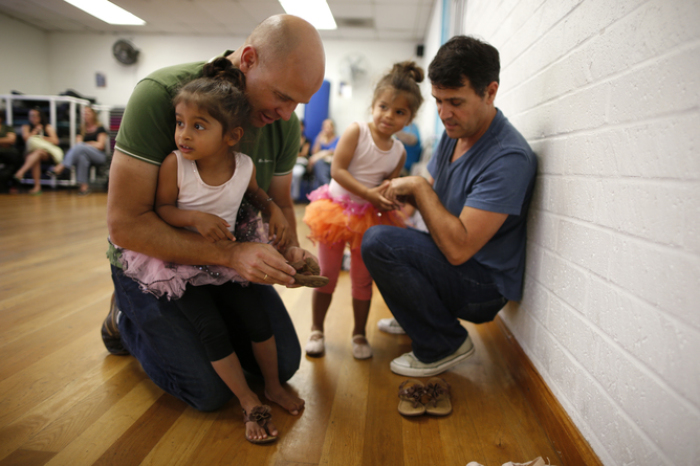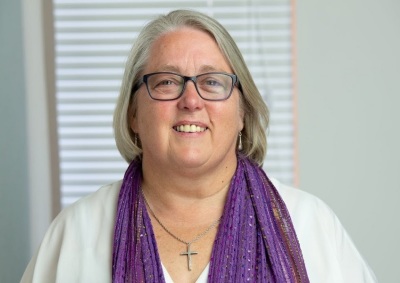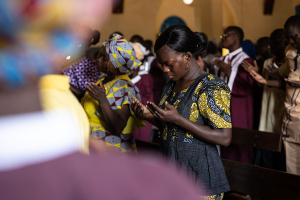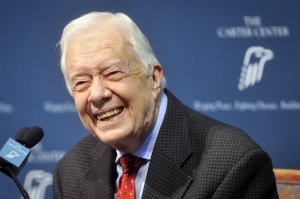Evangelical foster agency can't refuse same-sex couples, UK appeals court rules

The Court of Appeal in England and Wales has ruled that an evangelical foster agency may not place foster children only in the homes of opposite-sex married couples.
Cornerstone (North East) Adoption and Fostering Service, also known as CornerstoneUK, plans to appeal last Friday's ruling holding that the group could limit families it works with to evangelical Christians but could not require that they be heterosexual married couples.
The three-justice panel of the Court of Appeal upheld a lower court ruling against Cornerstone. The Christian Institute has vowed to take the case to the Supreme Court of the United Kingdom.
"The difficulty with this logic is that it equates religious discrimination with sexual orientation discrimination in all circumstances when that is something that Parliament has not done," the ruling states.
"Parliament has, speaking broadly, chosen to give priority to religious faith in a private context but to give priority to sexual orientation where public services are concerned – always subject to considerations of proportionality in the individual case."
Simon Calvert of the Christian Institute, which is helping to represent Cornerstone, told The Christian Post on Monday via email that the Court of Appeal "wrongly concluded that" Cornerstone was "unlawfully discriminating on grounds of sexual orientation."
"The Courts incorrectly stated that Cornerstone recruits carers on behalf of local authorities and therefore cannot rely on equality law exceptions created for religious organisations," Calvert explained.
"These exceptions protect their ability to make distinctions on grounds of sexual orientation without falling foul of discrimination law. The crucial fact is that Cornerstone recruits carers on its own behalf, not on behalf of local authorities."
Calvert explained that it was "the placing of children which is done on behalf of local authorities." Therefore, "Cornerstone is free to rely on these exceptions which are vital to protecting its distinctively Christian mission."
In 2019, the government's Office for Standards in Education, Children's Services and Skills (OFSTED) issued a report on Cornerstone concluding that the evangelical agency was "inadequate" due to its policy of only placing children with opposite-sex married couples who agree to the organization's statement of faith.
According to OFSTED, this policy meant that Cornerstone was not compliant with the Equality Act of 2010 and the Human Rights Act of 1998.
Cornerstone disputed the designation, arguing that the charity qualified for exemptions under British law and that its refusal on religious grounds to place children with same-sex couples was justified.
In last Friday's ruling, the Court of Appeal maintained that if "Cornerstone's argument were correct, it could take advantage of the parts of the legislation that protect it and ignore the parts that protect others."

Cornerstone CEO Pam Birtle said in a statement released by The Christian Institute that while she was "disappointed" by the ruling, she believes her organization "won more than it had lost."
"Ofsted's attempt to tell us that we could not work exclusively with Christian carers was rejected by the High Court and has been even more firmly rejected by today's Court of Appeal ruling," stated Birtle.
"We are convinced that equality law protects our ability to operate in a distinctively evangelical way. For the law to do any less would be a breach of human rights and a denial of the values of a liberal democracy."
In the U.S., the Supreme Court ruled earlier this year that the city of Philadelphia could not exclude a Catholic charity from its foster care program because the group won't place children with same-sex couples.
“Government fails to act neutrally when it proceeds in a manner intolerant of religious beliefs or restricts practices because of their religious nature,” wrote Chief Justice John Roberts.
“The refusal of Philadelphia to contract with CSS for the provision of foster care services unless it agrees to certify same-sex couples as foster parents cannot survive strict scrutiny, and violates the First Amendment.”





























